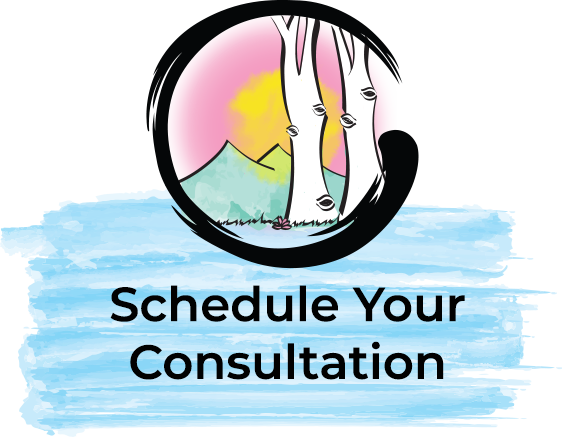By - April 15, 2024
Categories: General
In the bustling marketplace of your body, many organs vie for attention. But nestled quietly among them, the kidneys hold a special place in Traditional Chinese Medicine. Unlike their Western counterparts, these are just filtration factories; they’re the hidden powerhouses of vitality, longevity, and even your emotional well-being.
Remind me what the kidneys do?
In the realm of Western medicine, kidneys are like the body’s unsung heroes. They filter out waste, maintain electrolyte balance, and manage your blood pressure. Think of them as the bouncers at the body’s exclusive club, kicking out the riff-raff in the form of excess fluids and toxins.
Got it. Is that different from how Traditional Chinese Medicine views them?
A little bit. Besides being your body’s janitors, they also serve as the battery packs that keep the lights on in your body. According to Traditional Chinese Medicine, the kidneys are considered the “Root of Yin and Yang,” meaning they hold the delicate balance of these opposing forces essential for health. They also store “Jing,” or your vital essence, a kind of life force inherited from your ancestors and is responsible for growth, development, and reproduction.
Sounds important! What happens when your kidney aren’t at their best?
Imagine a river flowing through your body. In Traditional Chinese Medicine, this river represents your Qi, or vital energy. Healthy kidneys keep this river flowing smoothly, nourishing your organs and tissues. But when your kidneys are weak, the river stagnates, leading to a cascade of potential health issues:
- Fatigue and low energy: Sluggish kidneys struggle to produce enough Jing, leaving you feeling drained and unmotivated.
- Back pain and weakness: The kidneys are located in the lower back, so their weakness can manifest as aches and pains
- Reproductive problems: A strong Kidney Qi is crucial for healthy sexual function and fertility.
- Bone and teeth issues: Jing is also responsible for bone health, so weak kidneys can contribute to osteoporosis or brittle teeth.
- Anxiety and fear: In Traditional Chinese Medicine, the kidneys are linked to the emotion of fear. When unbalanced, this can lead to anxiety, nervousness, and even phobias
Bummer. How does that happen?
A big contributing factor is stress (add it to the long list of problems stress causes). In Western terms, chronic stress can mess with kidney function, but Traditional Chinese Medicine takes it a step further. Stress, in Traditional Chinese Medicine, depletes your precious kidney Qi.
So how do I show my kidneys some love?
Here are some ways to support your kidneys according to Traditional Chinese Medicine:
- Breathe: Practicing deep breathing can help you manage your stress and keep that Qi moving!
- Sleep: Get enough shut eye!
- Keep them warm: Try to keep your lower back warm. Kidneys are not a fan of the cold!
- Stay Hydrated: When you’re not drinking enough water, your kidneys have to work overtime!
- Eat well: Warm, nourishing foods like soups, stews, and whole grains are kidney-friendly. Limit cold, raw foods and caffeine, which can weaken your Qi.
- Acupuncture: If your kidneys are out of whack, acupuncture can help balance your energy flow and revitalize them.
- Herbal remedies: Depending on your specific imbalance, your practitioner may recommend herbs like Rehmannia or Astragalus to strengthen your kidneys and boost Jing.
So there you have it – kidneys in all their dual glory. Whether you view them as meticulous janitors, or Qi maestros, taking care of these vital organs is a universal priority. From nourishing your diet to embracing holistic practices, there are endless ways to nurture these hidden powerhouses and unlock your body’s full potential. So listen to your kidneys, and embark on a journey to discover the vibrant health and longevity they hold within!
Be well.
___
This information is for educational purposes only and is not intended to diagnose, treat or cure any disease or illness. Please consult your healthcare provider prior to the use of this product if you are pregnant, nursing, taking medications or have a medical condition. Individual results may vary.
